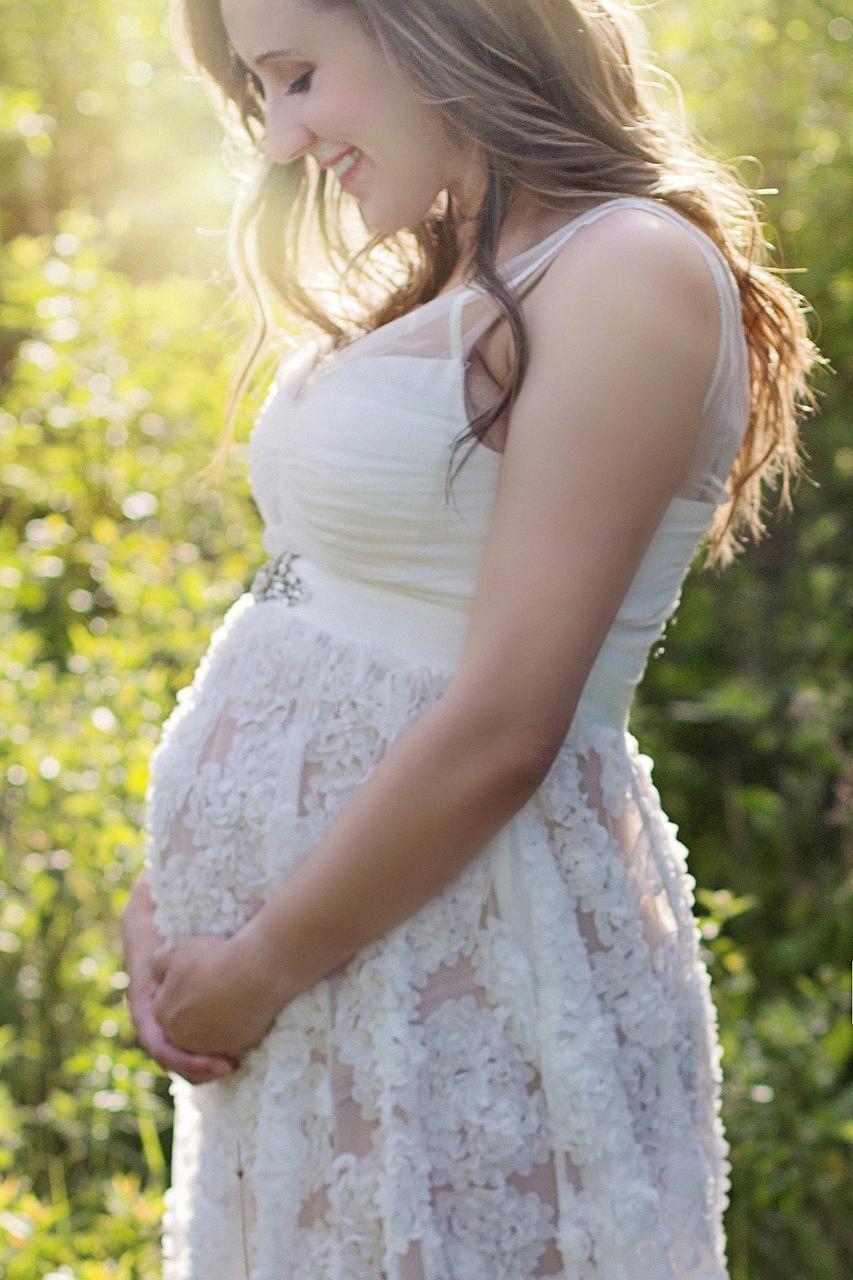When it comes to the timeline of feeling pregnancy symptoms after conceiving, it’s vital to delve into the intricate processes that occur in a woman’s body post conception. Understanding the various changes that take place can shed light on when these symptoms may start to manifest.
Week 1-2 After Conception
During the initial 1-2 weeks post conception, the body experiences a surge in pregnancy hormones. This hormonal increase can lead to early signs such as bloating, headaches, and fatigue. Additionally, the body begins to ramp up blood production during this time, potentially causing symptoms like frequent urination, fatigue, and even low blood pressure.
Week 3-4 After Conception
As we progress into weeks 3-4 after conception, more noticeable symptoms may start to surface. A woman may begin to experience morning sickness, breast tenderness, and heightened emotions. These early signs can often be the first indicators that a woman is indeed pregnant.
Week 5-6 After Conception
When we reach weeks 5-6 post conceiving, the body continues to adapt to the growing embryo. This period may bring about symptoms like food aversions, increased sense of smell, and mood swings. Additionally, some women may notice slight weight gain and a darkening of the areolas during this time.
Week 7-8 After Conception
By weeks 7-8, the pregnancy symptoms may become more pronounced. Nausea and vomiting, commonly known as morning sickness, can peak during this period. Some women might also experience heightened fatigue and dizziness as the body works overtime to support the developing fetus.
Week 9-10 After Conception
As we move further along in the pregnancy journey, weeks 9-10 can bring about additional symptoms such as heartburn, constipation, and abdominal bloating. The expanding uterus puts pressure on other organs, leading to discomfort and digestive issues.
Week 11-12 After Conception
Approaching weeks 11-12, the pregnancy symptoms may start to stabilize for some women. However, others may still experience mood swings, skin changes, and increased appetite. The body is in full swing adapting to the demands of pregnancy.
Week 13-14 After Conception
By weeks 13-14, many women enter the second trimester, marking a potential decrease in symptoms like nausea and fatigue. However, new symptoms like round ligament pain and skin pigment changes might emerge as the body continues its miraculous journey.
Week 15-16 After Conception
Continuing into weeks 15-16 post conception, some women may start to feel the first flutters of fetal movement known as “quickening.” This exciting milestone often brings a sense of connection and bonding with the growing baby.
Week 17-18 After Conception
As we reach weeks 17-18, the pregnancy symptoms may vary greatly among women. While some may experience back pain, others might encounter skin changes like the appearance of stretch marks. Each woman’s pregnancy journey is unique and unfolds at its pace.
Week 19-20 After Conception
By weeks 19-20 post conceiving, the halfway mark of pregnancy is nearing. Symptoms such as nasal congestion, swelling in the extremities, and changes in hair texture can become more prevalent. The body continues to adapt to the increasing demands of carrying a child.
In Conclusion
Overall, the timeline of when pregnancy symptoms manifest after conceiving is a dynamic and individualized process. Each woman’s body responds differently to the changes brought about by pregnancy, resulting in a unique array of symptoms that may emerge at various stages post conception.

